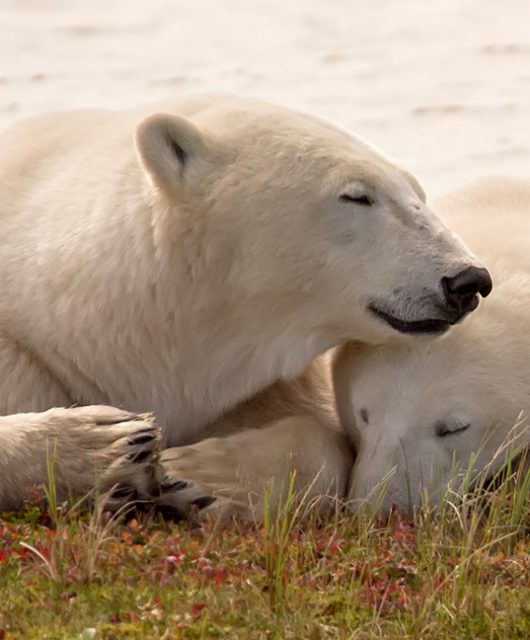Alberta took an important step with announcement of a new climate change strategy ahead of the First Ministers’ meeting today and the United Nations climate conference in Paris beginning at the end of November.
Alberta’s plan includes a carbon tax, a cap on oil sands emissions, the phasing out of coal-fired electricity and an emphasis on wind power. It is expected that the price of gas will jump 4.7 cents per litre and home heating costs will rise by $320 per year by 2017.
Other provinces, including BC, ON and QC that make up nearly 70 per cent of Canada’s population, have already introduced carbon taxes or cap and trade systems, as well as undertaken other steps to reduce emissions.
At the First Ministers meeting today leaders will receive a briefing from top climate scientists and work to reach a national consensus on reducing greenhouse gas emissions so they have a consistent message in Paris. The goal of the climate change negotiations, known as Conference of the Parties (COP) 21, is to create a framework agreement on reducing emissions among all countries in the world.
While the steps by Alberta are important, the provinces and the federal government need to commit to avoid siphoning off some of the fees to general revenues and instead ensure revenues from fees on carbon are
• re-invested in renewable energy
• projects to reduce emissions by existing industries
• steps to encourage protection of habitats that offer natural sinks for carbon such as the boreal forest, grasslands, wetlands, marine aquatic habitats.
• and support for implementation of adaptation techniques, such as increasing riparian area vegetation and improved aquatic habitat management that can help moderate water temperatures and improve water quality.




